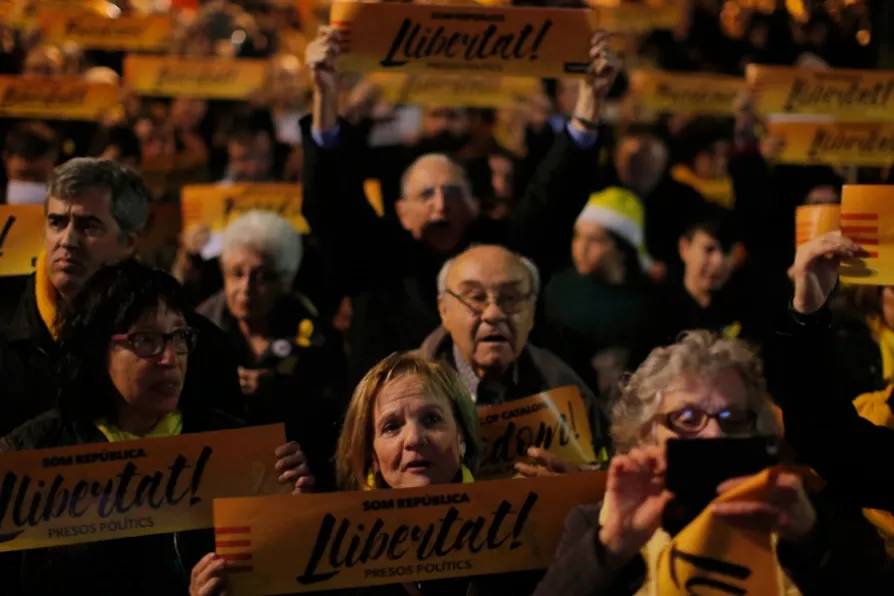Does widespread and uncontrolled use of AI change our relationship with scientific meaning? Or with each other? ask ROX MIDDLETON, LIAM SHAW and MIRIAM GAUNTLETT

 Demonstrators hold banners reading in Catalan "Freedom for the political prisoners
Demonstrators hold banners reading in Catalan "Freedom for the political prisoners
ON December 21, the Autonomous Region of Catalonia in north-eastern Spain held new parliamentary elections to replace the legislature which had been deposed earlier by decree of the right-wing government in Madrid.
However, the elections resolved nothing, with the electorate still split on the issue of independence from Spain.
The election was scheduled after the Spanish central government in Madrid invoked Article 155 of the 1978 constitution, thereby dissolving the Generalitat, the autonomous regional government of Catalonia, and deposing its leadership.

CJ ATKINS commemorates one of the most dramatic moments in working-class history

JOHN CALLOW examines what went wrong for the Czech communist party in the recent parliamentary elections, where it failed to meet the threshold to return deputies and some now talk of the party abandoning its commitment to socialism

The desperate French president keeps running up the same political cul-de-sac. DENNIS BROE offers an explanation










